The Magenta Project: Creating A Pathway for Women
Published on December 17th, 2015
In October 2014, a team of 11 remarkable women set off from the Spanish port of Alicante on the first leg of an inspirational nine-month around the world adventure.
As Team SCA, they were the sole all-women crew in a seven boat fleet taking on professional sport’s longest and toughest endurance event – the notoriously brutal, Volvo Ocean Race 2014-15.
Funded by Swedish global hygiene and forest products company, SCA, the women sailors completed a highly creditable performance, one many believed would be the bedrock of SCA’s follow-up campaign for the next edition of the Volvo Ocean Race in 2017-18.
Unfortunately, the unpredictable world of corporate business can be as tricky to navigate as ocean currents and despite publicly hailing the project as a resounding success – particularly around the themes of inspiring and empowering women – just a few months after the race finished SCA made the announcement that its sponsorship of the team was at an end.
Initially rocked back on the heels of their salt encrusted sea boots by the news, the now veteran around-the-world yacht racers quickly put the setback behind them and came up with a new strategy to get themselves to the start line in Alicante in 2017.
 They have united under the mantle of ‘The Magenta Project’ and are busily coordinating their plans to find the right corporate partner to pick up the torch laid down by SCA.
They have united under the mantle of ‘The Magenta Project’ and are busily coordinating their plans to find the right corporate partner to pick up the torch laid down by SCA.
In many ways the proposition should be easier to pitch now than it originally was to SCA. The uncertainty of whether a women’s team can compete credibly in the Volvo Ocean Race has been answered and the hugely time consuming task of selecting and training a crew virtually from scratch has already been carried out.
No longer ocean racing novices, the Magenta Project sailors have tens of thousands of ocean miles under their collective belts and have benefitted from invaluable lessons that can only be learned far from the safety of the land.
Team SCA sailor Dee Caffari believes the Magenta Project represents a huge opportunity for a new sponsor to capitalise on the groundwork laid down during the Team SCA campaign.
Since the race, Caffari – the only woman to sail solo around the world on three occasions – has returned to her role as an offshore racing coach and is also in big demand as a public speaker.
“SCA have left the door wide open for someone to come in and continue to the momentum created by Team SCA,” she said.
“I am back in the speaking circuit talking about my round the world adventures. You never know who is listening and I hope we find someone who gets excited about it and helps us give it another go.”
British sailor Annie Lush jumped straight from Olympic campaigning to the Team SCA programme after competing at London 2012 and was one of the first to graduate from the selection process. She says the members of the Magenta Project are determined that the legacy of the Team SCA campaign endures.
“Our strength is in our team,” Lush proudly explained. “We lacked experience but now we have some of that valuable commodity and are ready to prove that we can really perform and that it’s not about gender.”
“But, if there aren’t any women in the 2017-18 race then that experience gap will be widened again and we’ll be back to where we started.
“The Magenta Project is our attempt to create a pathway for female athletes, to continue the legacy of Team SCA and to make sure we have women in the next Volvo Ocean Race.”
Plans are still being formulated for the women’s overall value proposition but one of the most attractive reference points is likely to be the scale and the passion of the social media following the girls engendered.
More so than any other team, it seemed an all-girl crew piqued the interest of the online sporting community in a way that kept them coming back every day for the latest news of their nautical super-heroines.
Even more of a draw for any potential sponsor is that their fans viewed the sailors as much more than just sportspeople to be admired – somewhere along the line they had morphed into role models to be emulated.
Australian Stacey Jackson recalls what it was like to have such unwavering support from the online fans.
“It’s something I became more and more aware of as the race went by,” Jackson said. “The messages we were getting to encourage us or to give us support when times were tough were truly amazing and I remember we were all very grateful for them.
“The best part is when you read people’s stories saying we have encouraged them to get out and do whatever it is they had been thinking about trying to do. That’s both humbling and hugely rewarding.”
Team SCA’s British navigator Libby Greenhalgh whose job was to work out the yacht’s optimum route based on her expert interpretation of the complex weather models said that, more than most, she had cause to appreciate the messages of support that flooded in every time things got tough.
“Our communications team back ashore would send a selection of messages to us on board,” Greenhalgh said. “When we made mistakes our supporters would always say: ‘Chin up and push on! I was particularly glad of that support on the first leg after we disappeared into a ‘cloud of doom’ that cost us six-hours against the fleet.”
“Just how far our story was stretching inspiring all sorts of people was a slow realisation, though. I remember we got we messages from fathers saying ‘thank you for inspiring my daughter with what you are doing’ and we often met people at stopovers who had used their holiday to come see us.
“Then, when people like Billie Jean King write letters of support to the team you start to realise the impact you are having.”
American Team SCA sailor Sara Hastreiter described the team’s social media following as “a welcome responsibility”.
“I am proud that we transcended the aspect of being ‘females in a sailing race’ to become representatives of female empowerment in general,” she said.
“I was most often affected by it when fathers would bring their daughters to the race villages and talk about how great it was for their daughters to have positive role models and tell us they had our poster on their walls.
“It’s also made me feel after the race that we have a level of responsibility to try and keep women at the highest levels of this sport. Unfortunately, we’ve lost most of the structural support network we had around us but as a group of sailors, we are very much continuing through the Magenta Project.”
It’s clear from the many messages posted on Team SCA Facebook page the calling for the team to return for the next race that an all-female entry in the next Volvo Ocean Race would assured of a huge online following from the moment it was announced.
However, with less than two years to go to the start of the next edition, time is of the essence if the women of the Magenta Project are to find their perfect partner.
“We are short on time and currently without any backing,” explains Annie Lush. “We are all ferociously networking and working together to find a new sponsor, while at the same time trying to continue to build our sailing skills and experience.
“We are open to ideas outside the box and very keen to talk to anyone interested in inspiring people do something everyone else says is impossible.”
With a coffee table book recently published (available through Amazon) and a 24minute film both chronicling the Team SCA campaign, the women have plenty of powerful collateral to add weight to their sponsorship pitches.
Far from any suggestion of resting on their laurels, the Magenta Project sailors are also planning to make new headlines at big-name regattas across the world.
“Our objective is to continue the legacy of Team SCA by providing a pathway for professional female athletes to compete at the highest level of sport,” Greenhalgh summarises. “We aim to inspire generations and challenge stereotypes through performing in our sport’s most elite events with a view to seeing women competing again in the Volvo Ocean Race.”
While this strategy can only add to the overall strength of the squad, the ultimate goal of the Magenta Project is to make sure there is a well-funded all-women crew on the start line of the next Volvo Ocean Race.
“A core of us in the Magenta Project are searching for sponsors to make that goal a reality,” Greenhalgh confirmed.
“We are finalising our proposals and lining up meetings with businesses we believe could benefit from an association with a highly empowered and inspiring team of women competing in the Volvo Ocean Race.”
Report by Justin Chisholm.


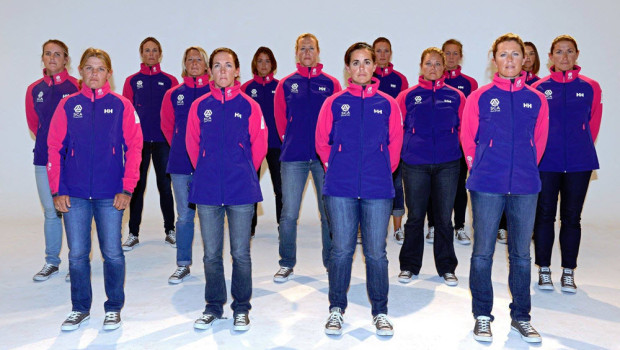

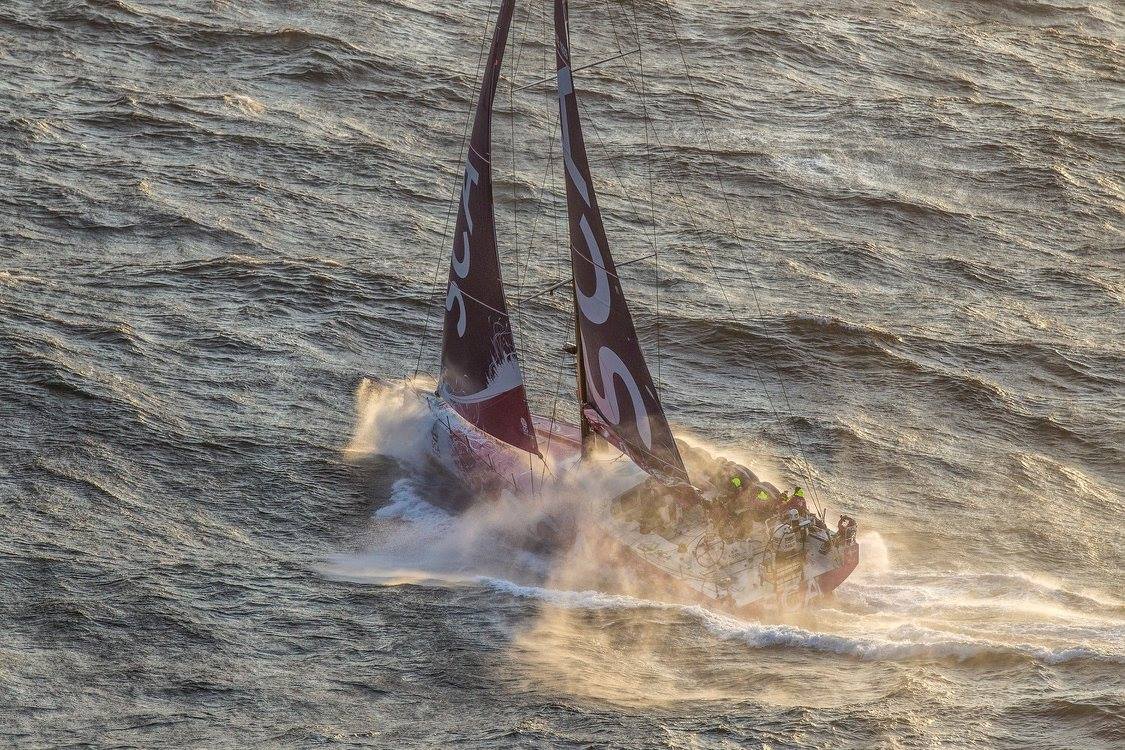
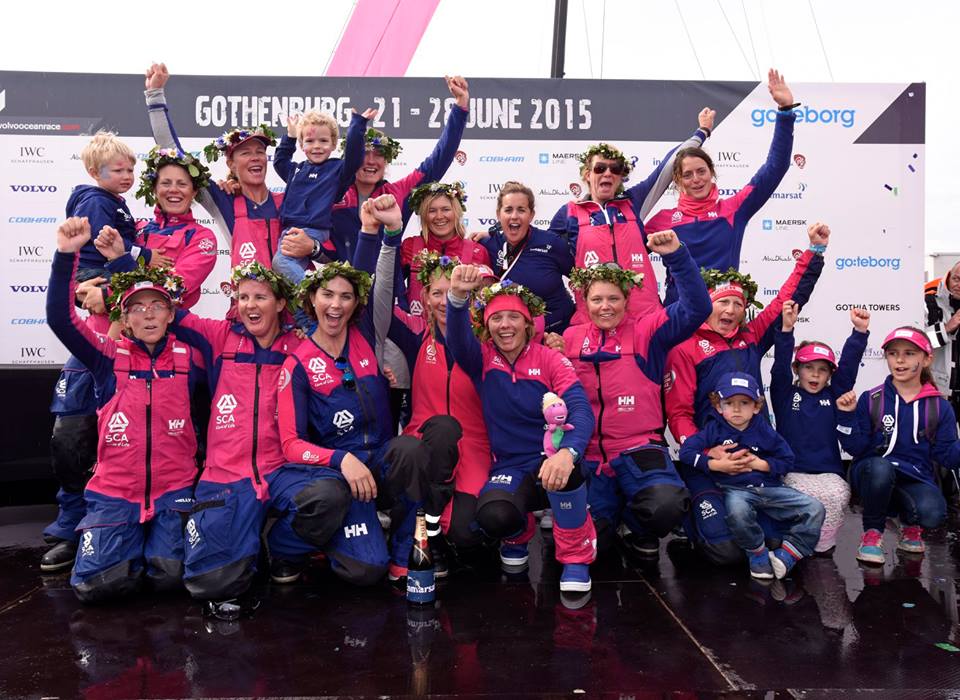


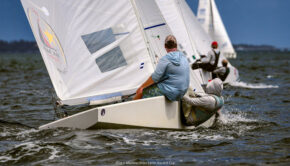
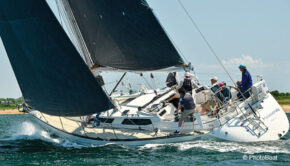

 We’ll keep your information safe.
We’ll keep your information safe.